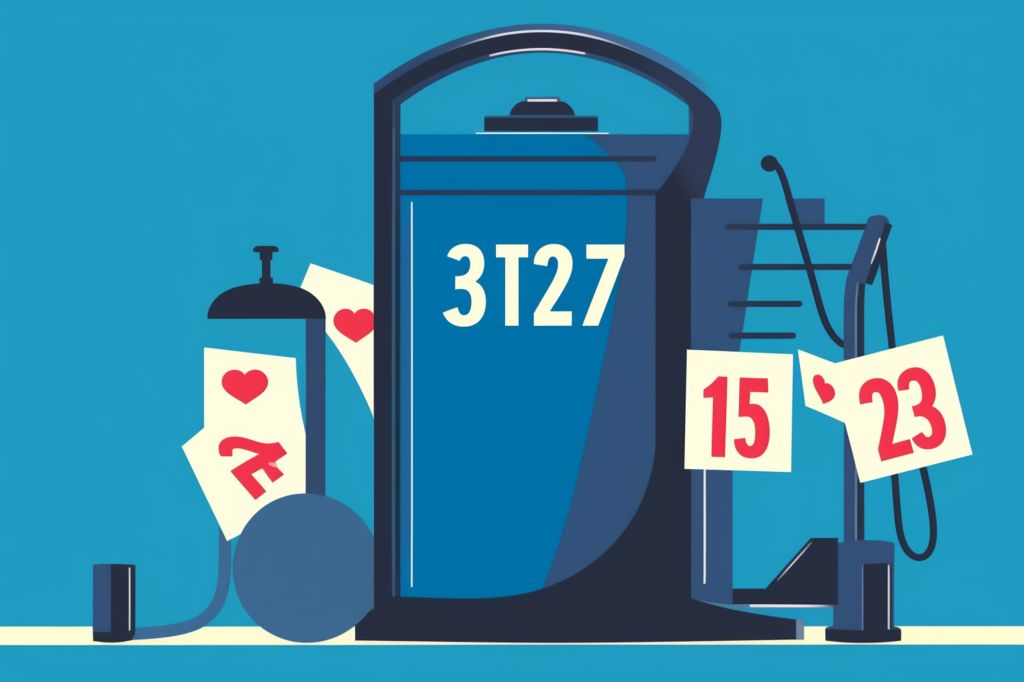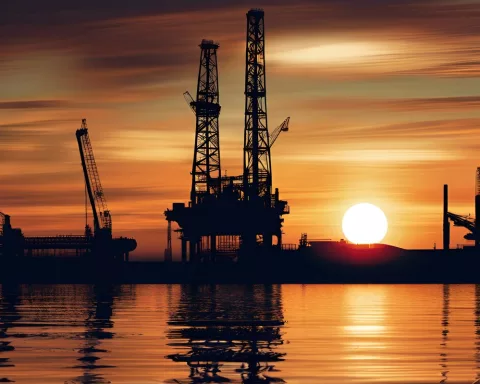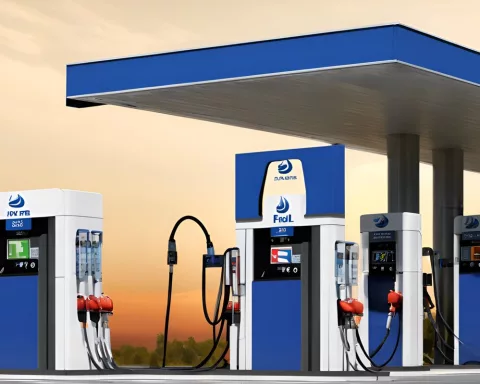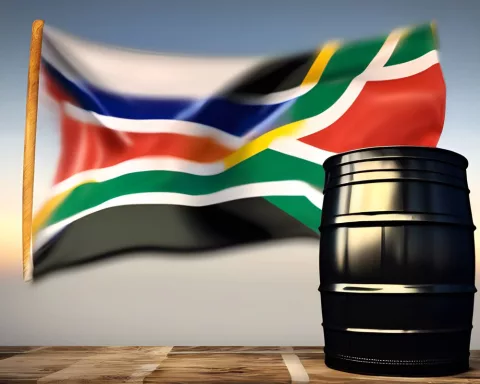On April 5, South African fuel prices will see some changes. According to the Department of Mineral Resources and Energy, diesel prices will decrease by over 73 cents per liter. At the same time, 93 unleaded petrol will see a marginal 1-cent decrease and 95 unleaded gasoline will increase by 2 cents.
The price of fuel in South Africa is heavily influenced by the price of oil and the value of the rand. Recently, while the Brent oil price decreased from above $84 per barrel to below $80 per barrel, the rand’s value also fell. However, following a bigger-than-expected rate hike last week, the rand has shown signs of improvement and stabilization.
Adjustments Based on Different Pricing Zones
Tariffs for petrol, diesel, and illuminating paraffin products will be adjusted based on different pricing zones. The adjustments will range from an increase of 0.8 cents per liter to 40.8 cents per liter.
Compared to a year ago, 95-octane petrol retailed R21.60 in Gauteng, while diesel sold for more than R21. On April 5, 95 unleaded gasoline will increase to R22.97 in Gauteng, while diesel prices will fall to around R20.89 a liter in the same area.
Reasons for the Upcoming Fuel Price Adjustments
Mineral Resources and Energy Minister Gwede Mantashe has cited several reasons for the upcoming fuel price adjustments, including the recent decrease in the average Brent crude oil price, which decreased from $82.14 to $79.24, as well as the depreciation of the rand against the US dollar during the relevant period. The average international product prices for petrol, diesel, and illuminating paraffin products have also decreased, resulting in the current adjustments.
No Increases to the General Fuel and Road Accident Fund Levy
The Minister of Finance announced in his February 22 Budget Speech that there would be no increases to the General Fuel and Road Accident Fund Levy on petrol and diesel. Instead, the Fuel Levy and Road Accident Fund Levy will remain at 394.0 cents per liter and 218.0 cents per liter for the second year to cushion motorists from high fuel prices.
Protecting Motorists from the Impact of Changes
While petrol prices will see a marginal increase, diesel prices will decrease considerably. The recent depreciation of the rand and fluctuations in the oil market have played a significant role in these adjustments. Despite the challenges, the South African government is working to ensure that motorists are protected from the impact of these changes.












